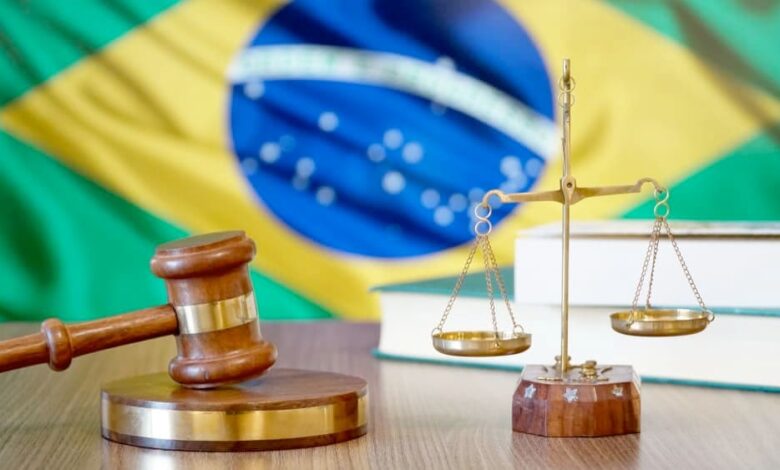
Brazil’s Central Bank Seeks Stricter Stablecoin Regulations
In a significant move, the Central Bank of Brazil (BCB) has introduced a proposal that could effectively restrict the transfer of stablecoins to self-custody wallets. This regulatory proposal emerges at a time when the Brazilian Real (BRL) is experiencing unprecedented lows against the US Dollar (USD), prompting economic concerns across the nation.
Strengthening Cryptocurrency Regulation in Brazil
The BCB’s draft regulation is designed to impose more rigorous control over cryptocurrency transactions, especially those involving foreign-backed stablecoins. The objective is to harmonize these digital assets with existing financial regulatory frameworks, ensuring a more secure and transparent financial environment.
Targeting Self-Custody and Stablecoins
On November 29, the Central Bank unveiled a public consultation proposal aimed at including virtual asset service providers (VASPs) in the foreign exchange market regulations. This initiative specifically targets stablecoins pegged to foreign currencies, such as the widely-used USD-backed Tether (USDT) in Brazil.
According to a Chainalysis report from October 2024, the value of stablecoins received by local exchanges in Brazil witnessed remarkable growth. Between July 2023 and July 2024, the volume soared by over 200%, reflecting the increasing reliance on these digital assets.
Proposed Restrictions on Self-Custody Wallets
The proposal suggests that VASPs would be prohibited from transferring stablecoins to self-custodial wallets like Ledger or MetaMask. Instead, all transactions would need to be conducted within regulated platforms. This regulatory shift aims to enhance legal security and pave the way for innovative business models, ultimately boosting market efficiency.
Economic Instability Drives Regulatory Action
The Brazilian Real’s historic depreciation in the forex market, now trading at R$6.11 per USD, has further complicated the economic landscape. The currency’s decline was exacerbated by Finance Minister Fernando Haddad’s cost-saving measures, which failed to gain international investor confidence. As a result, the Central Bank is considering increased control over stablecoins as a means to address economic instability.
While the regulator argues that these measures are intended to mitigate risks associated with consumer protection and fiscal integrity, critics fear that such actions might have unintended consequences.
Industry Response to Stablecoin Restrictions
The Brazilian crypto community has voiced its concerns regarding the proposed regulations on stablecoin self-custody. Legal expert Pedro Torres has criticized the measure, stating that it violates constitutional rights related to free enterprise and property ownership.
Analysts caution that limiting self-custody could stifle the growth of Brazil’s dynamic crypto sector. Stablecoins currently represent 70% of all crypto transactions between domestic and international platforms in the country. With over $90 billion in digital assets traded from July 2023 to June 2024, Brazil has become a prominent player in the Latin American cryptocurrency landscape.
The public consultation on this proposal is open until February 28, 2025, inviting feedback on critical questions, including the necessity of additional limits for VASPs and mechanisms for valuing virtual assets in sovereign currency terms.
Conclusion: A Turning Point for Brazilian Crypto Regulation
The Central Bank’s proposal represents a pivotal moment for cryptocurrency regulation in Brazil. As the BRL struggles against the USD, authorities are tightening control over digital assets to purportedly safeguard economic stability and investor interests. However, the proposed restrictions on stablecoin transfers to self-custody wallets have ignited debates about user rights, foreign exchange market intervention, and the future of crypto innovation in the country. The coming months will be crucial as stakeholders provide input and the BCB considers adjustments to its regulatory approach.






